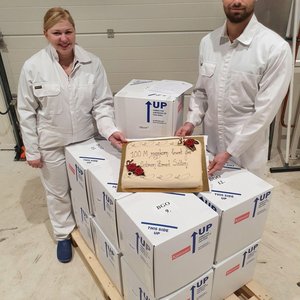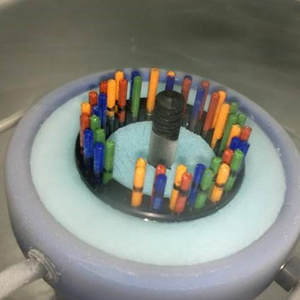The World Aquaculture Society joined 110 aquatic scientific societies representing over 80,000 scientists as a signatory to American Fisheries Society’s “Statement of World Aquatic Scientific Societies on the Need to Take Urgent Action Against Human-Caused Climate Change, Based on Scientific Evidence.”
The statement highlights major scientific findings related to the effects of climate change on aquatic ecosystems. It also provides recommended actions, based on scientific findings, to avoid further degradation. All findings in the statement are supported by peer-reviewed scientific studies.
Aquaculture’s ability to help alleviate the world’s need for quality protein sources is threatened by climate change. The contribution of aquaculture to the global production of capture fisheries and aquaculture combined has risen continuously, reaching 46.8% in 2018, up from 25.7% in 2000 (UN-FAO 2020). Global aquaculture production (including aquatic plants) in 2018 was 114.5 million tons, with the first-sale value estimated at $250 billion. UN-FAO statistics indicate that 20.5 million people were engaged in the aquaculture sector in 2018. Food fish production occurs in both inland, freshwater systems (62%) and marine environments (38%). As the statement affirms, freshwater ecosystems are among the most threatened on earth. Their capacity to adapt is relatively low given the nature of freshwater systems and the scale of impacts of climate change. In addition, climate change, along with excess nutrient input and deteriorating coastal ecosystems, also threatens marine aquaculture production.
The World Aquaculture Society, through this commitment to excellence in science, technology, education and information exchange, endeavors to contribute to the progressive and sustainable development of aquaculture throughout the world. The World Aquaculture Society looks forward to assisting in the science and educational efforts to address this critical issue. The Statement can be found on the AFS website.













